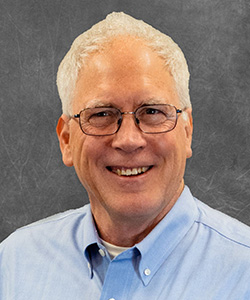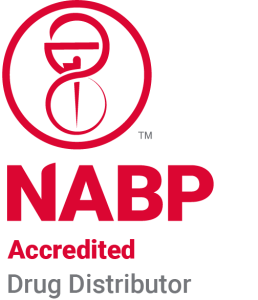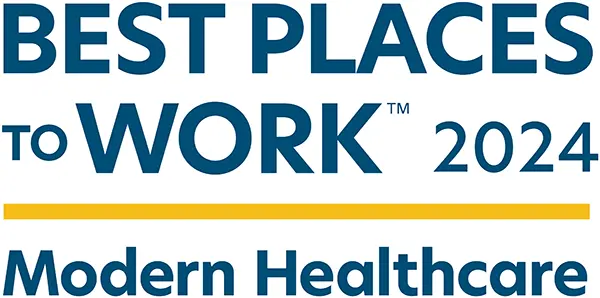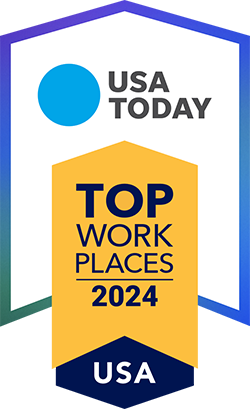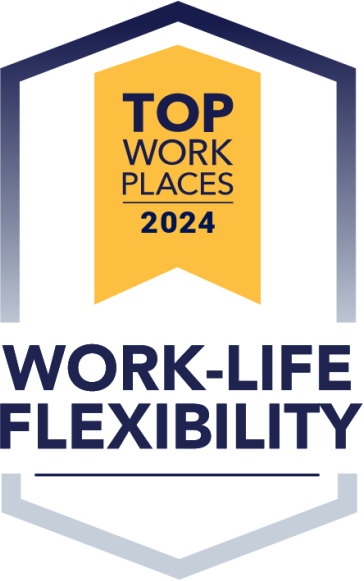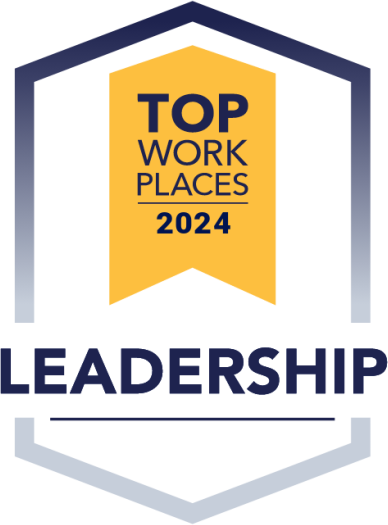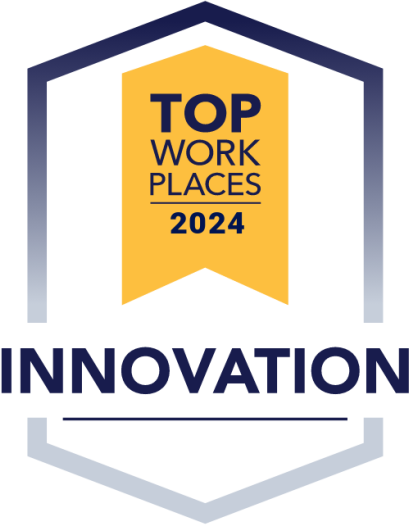Behind the Contracts: Paul Karch on His IPC Journey
How does your role support independent pharmacies?
My primary focus is ensuring the cooperative runs effectively, because when IPC succeeds, our member pharmacies succeed. A lot of what I do involves contracts—whether it’s with pharmaceutical vendors, warehouse agreements, or membership sign-ups. I also spend time on government affairs, monitoring pharmacy regulations, and strategizing on how IPC can push back against PBMs and other challenges facing independent pharmacy.
What’s a project or initiative at IPC that you’re particularly proud of?
I’m particularly proud of my work on the McKesson contracts. These negotiations are extremely complex, and it’s easy to get lost in the details. I’ve worked on renegotiating these contracts three times now, ensuring that IPC gets what it needs while also managing tough negotiations with McKesson.
Another initiative I’m proud of is helping IPC’s Board of Directors with the CEO search that ultimately led to hiring Marc. There was a lot of uncertainty about how the transition would unfold, but I had confidence in our process. We brought in an executive search firm to help us, and in the end, we found the right leader.
What’s a leadership lesson you’ve learned that guides you every day?
One of the biggest lessons I’ve learned is the importance of clear and timely communication. When you’re a lawyer, especially early in your career, it’s tempting to set difficult problems aside. But often, people just want to know that you’re working on something, even if you don’t have all the answers yet. Being proactive and transparent makes a big difference in how effectively an organization operates.
If you could give your younger self one piece of career advice, what would it be?
Don’t be afraid to ask questions. Earlier in my career, I sometimes hesitated to ask for clarification, assuming that others knew more than I did. Over time, I realized that even experienced professionals don’t always have all the answers—and asking the right questions can lead to better decisions.
How do you define success in your role?
Success, to me, means IPC thrives as an organization. Even if I do my job perfectly, it doesn’t mean much if the cooperative isn’t successful. My job is to help IPC operate efficiently by being responsive, practical, and focused on the big picture. Whether it’s contract negotiations, legal strategy, or governance, my role is about supporting the people who make IPC run.
You mentioned you’re planning to retire in 14 months. What’s next for you?
I’m planning to go back to school and get a master’s degree—probably in geography. I’ve loved my career, but I also know that if I don’t retire at some point, I may never get to experience something new. I’ve always enjoyed learning, so I figured going back to school would be a great way to transition into my next chapter.
